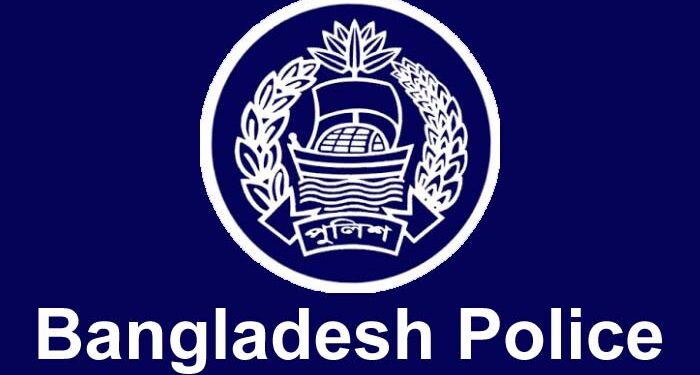Several serving IGs and additional IGs, besides a former chief of RAB and Bangladesh police, met at a departmental facility in Dhaka to explore a way out
The first signs of cracks have appeared in Bangladesh’s influential and formidable ranks of senior police officers in the wake of the United States’ punitive visa restriction policy announced in May this year, which was followed by its actual implementation soon after.
This assumes importance in the wake of the September 22 US State Department’s announcement that it was “taking steps to impose visa restrictions on Bangladeshi individuals responsible for, or complicit in, undermining the democratic election process in Bangladesh”.
The announcement added that “these individuals include members of law enforcement, the ruling party and the political opposition…Additional persons found to have been responsible for, or complicit in, undermining the democratic election process in Bangladesh may also be found ineligible for US visas under the policy in the future”.
As part of a “defensive” move to “close ranks” among themselves, a fairly large group of police officers, mostly inspectors-general, additional inspectors-general and directors-general, met at the Police Convention Hall (PCH) in Dhaka’s leafy Eskaton Garden Road on September 30, well-informed sources revealed to the Northeast News. The PCH is a stone’s throw away from the city police headquarters on Baily Road.
Apprehensive about the implications of the US visa restriction move, the senior police officers, many of whom have purchased immovable properties in different western countries in general and Dubai in particular, undertook nervous discussions about the pros and cons of the American action.
More importantly, they also devised the rough contours of a plan to “slowly disengage” from present and future acts of “commission” that could potentially land them in “more difficulties”, the sources said. Pressed further, the sources said that in the event the police officers succumb to the mounting pressure, they will take gradual steps to distance themselves of the ruling Awami League regime.
One of the most important attendees was a former top officer who had previously been director-general of the Rapid Action Battalion (RAB) against which the US had imposed strict sanctions, forcing it to virtually become defunct. Following his stint as RAB chief, this officer was moved by the ruling Awami League regime as Dhaka Metropolitan Police (DMP) commissioner before finally retiring slightly over three years ago as inspector-general, the topmost police rank in Bangladesh.
In late August, this former IG reportedly fled Singapore via Bangkok to Dhaka when local anti-corruption authorities raided an establishment allegedly owned by him.
Among the other notable police officers who were part of the congregation at the PCH included those posted at the Special Branch, DMP, Police Bureau of Investigation (PBI) and the Detective Branch. The PBI is an elite unit investigates serious crimes and is also responsible for digital forensics investigations.
Meanwhile, over the last couple of weeks, district level Awami League leaders have been visiting Dhaka to meet with senior police officers and bureaucrats, besides “friends” in the cantonment, to “get a sense of the likely impact on senior party leaders of the US visa restriction move”, government sources said.
Awami League leaders are also said to be on tenterhooks, especially after Bangladesh foreign minister A K Abdul Momen recently said in a televised interview that “there could be fear and apprehension among some government officials who have homes and other establishments in the US”.
Prime Minister Sheikh Hasina, who is on a tour of Britain, following her visit to the US to attend the United Nations General Assembly session, has taken a strong view against the US move when she was in New York and Washington DC. She flew into London from Washington DC on September 30. Unlike her last visit to London, when she stayed at Claridge’s Hotel, this time she chose to stay at a ‘secure location’ behind Hotel Taj.










